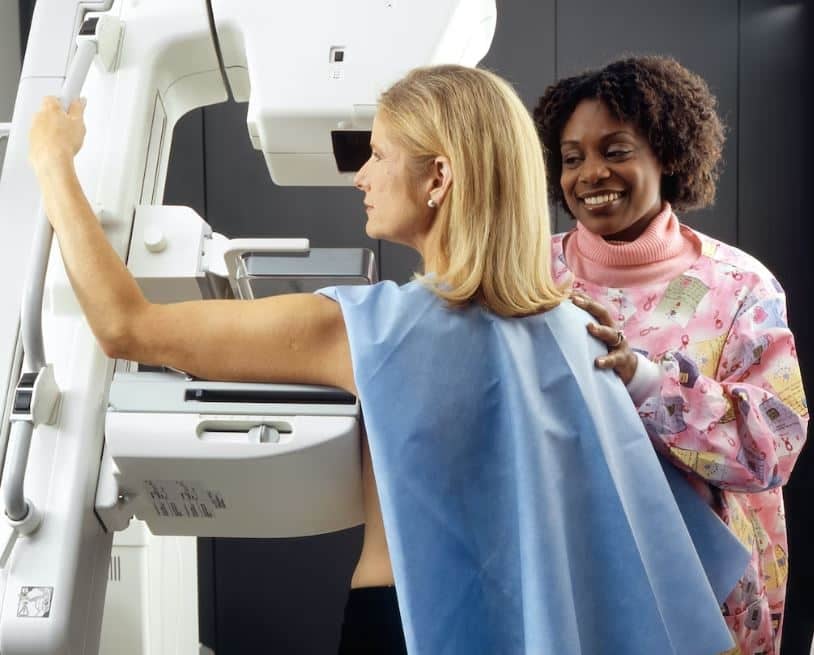FDA Updates Lifesaving Mammography Rules

WASHINGTON — The U.S. Food and Drug Administration on Thursday updated its regulations on mammography in an effort to strengthen the agency’s oversight and detect and treat breast cancer earlier.
The rule that went into effect March 9 amended regulations issued under the Mammography Quality Standards Act of 1992, which was also intended to bolster early breast cancer detection.
The act authorized FDA oversight over mammography facilities, including their accreditation, certification, annual inspections and enforcement of standards to help ensure mammography facilities provide quality care.
Among other things, the new regulations require mammography facilities to notify patients about the density of their breasts.
Approximately half of women over the age of 40 in the U.S. have dense breast tissue, a description of its appearance on a mammogram. Dense breast tissue can make cancers more difficult to detect on a mammogram.
Additionally, dense breasts have been identified as a risk factor for developing breast cancer.
The amendments finalized Thursday provide specific language explaining how breast density can influence the accuracy of mammography. They recommend patients with dense breasts talk to their health care provider about breast density, risks for breast cancer and their individual situation.
“Today’s action represents the agency’s broader commitment to support innovation to prevent, detect and treat cancer,” said Dr. Hilary Marston, the FDA’s chief medical officer, in a written statement.
“Since 1992, the FDA has worked to ensure patients have access to quality mammography. The impact of the Mammography Quality Standards Act on public health has been significant, including a steep decrease in the number of facilities that do not meet quality standards,” Marston continued. “This means that more women have access to consistent, quality mammography.”
According to the Centers for Disease Control and Prevention, about one in eight women will get breast cancer in her life, impacting hundreds of thousands of Americans each year. Mammograms continue to be the best tool for breast cancer screening and detection.
Helping to promote patient access to information about the impact that breast density and other factors can have on the risk for developing breast cancer is an important part of a comprehensive breast health strategy, the CDC says.
Thursday’s amendments, which must be implemented within 18 months, enhance the FDA’s oversight of mammography facilities, including in the key areas of enforcement and patient communication.
While nearly all certified mammography facilities continue to meet quality standards, the updates enhance the FDA’s ability to communicate directly, if needed, with patients and their health care providers in cases where a facility did not meet quality standards and is not adequately communicating with patients about its deficiencies.
This is intended to help ensure important information that could affect decisions about patient care, such as the potential need for further evaluation or a repeat mammogram, is communicated as completely as possible.
The amendments also significantly update the act in other ways, especially as they incorporate current science and mammography best practices to improve breast cancer detection and empower patients with more information when they are considering important decisions regarding their breast health care.
Dan can be reached at [email protected] and at https://twitter.com/DanMcCue
























